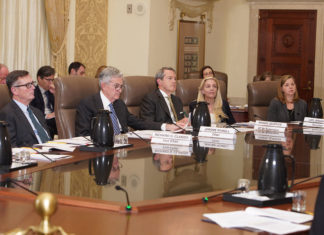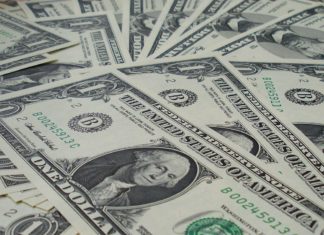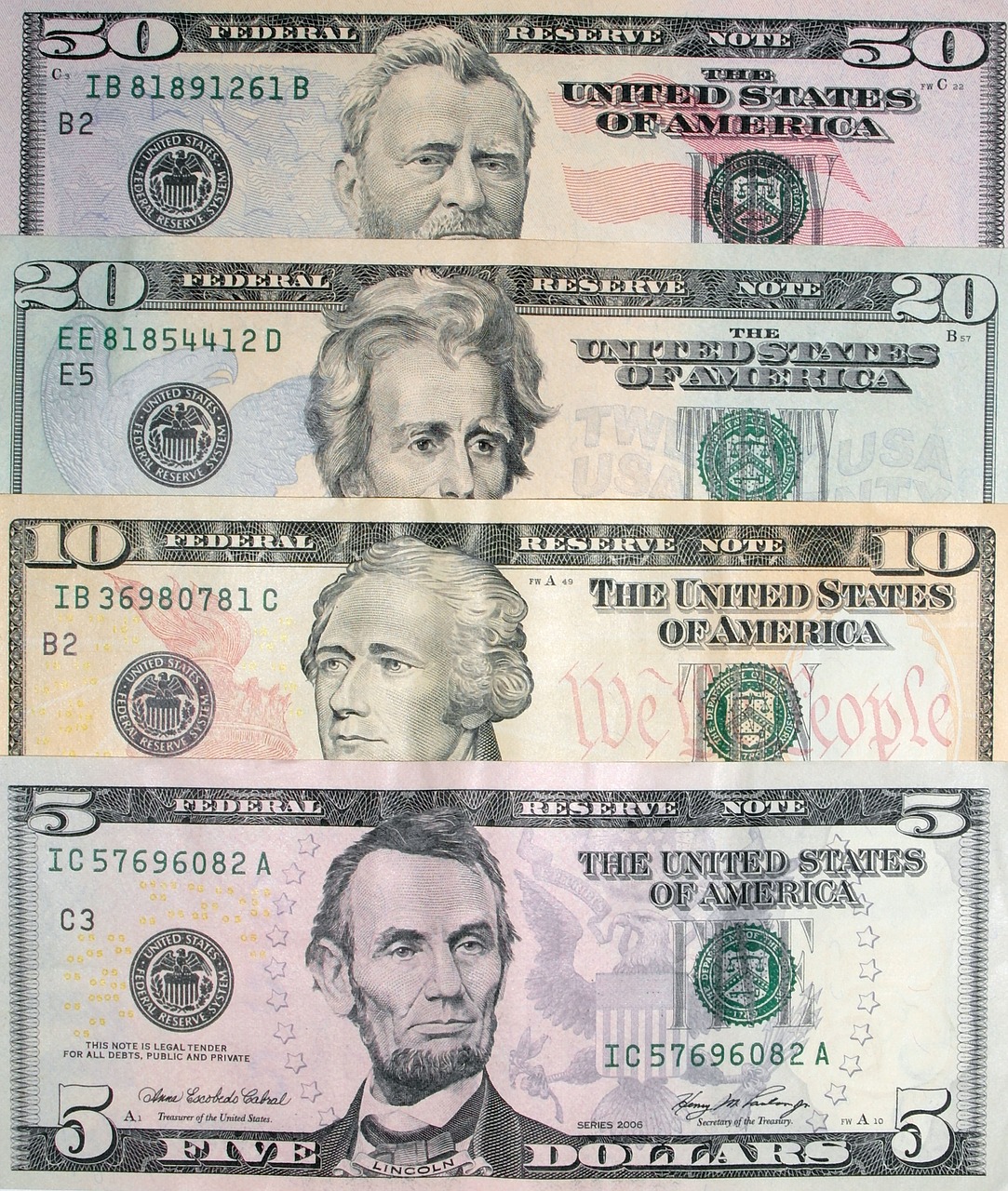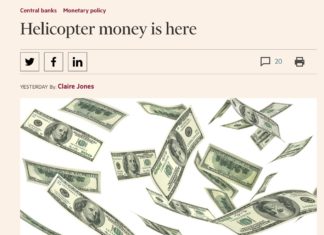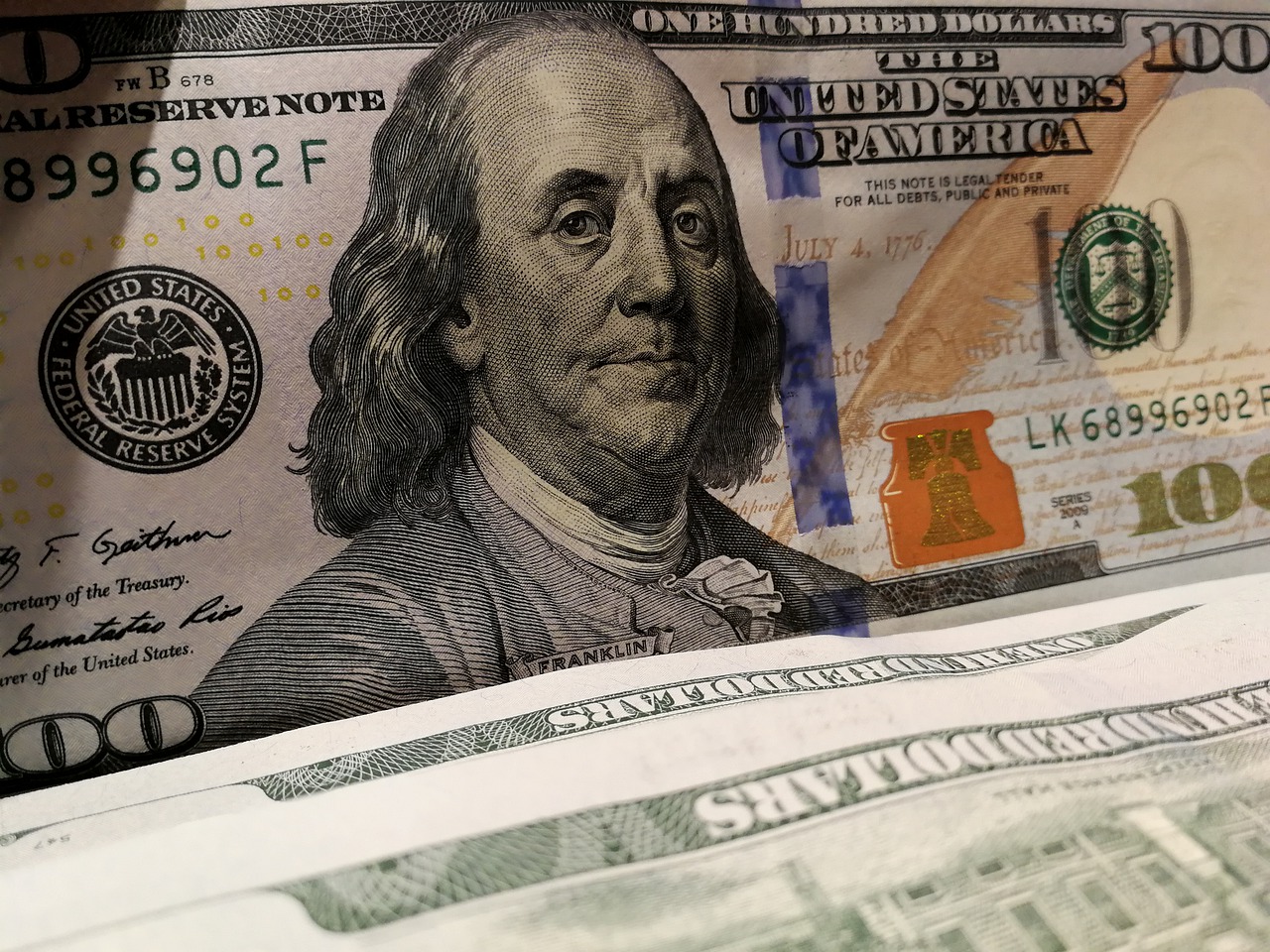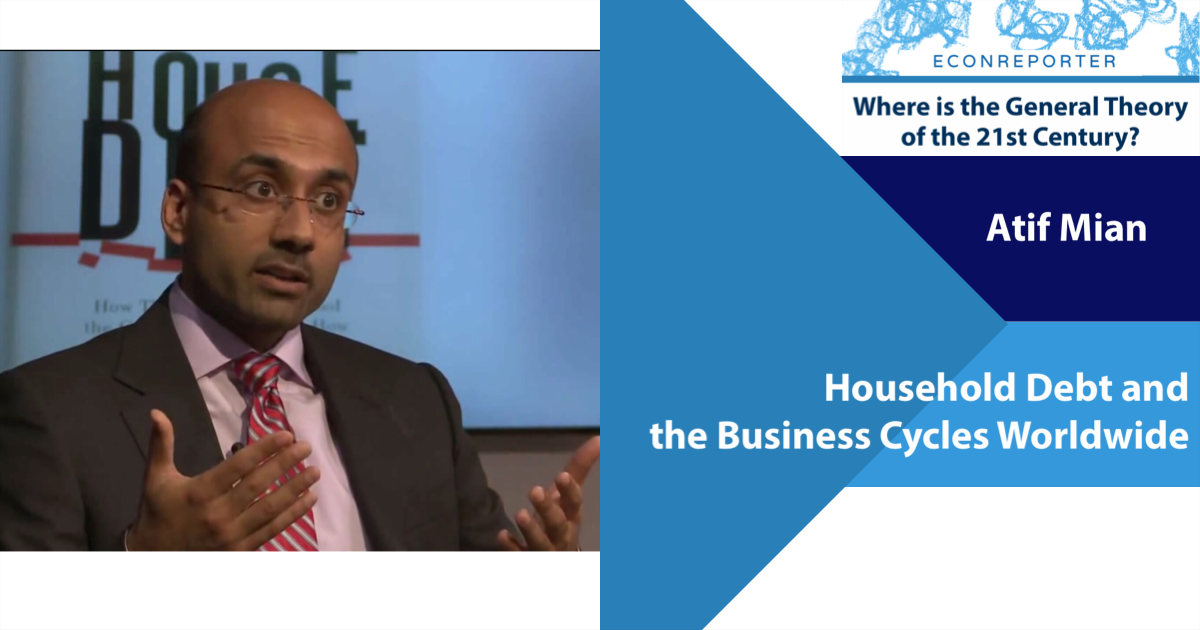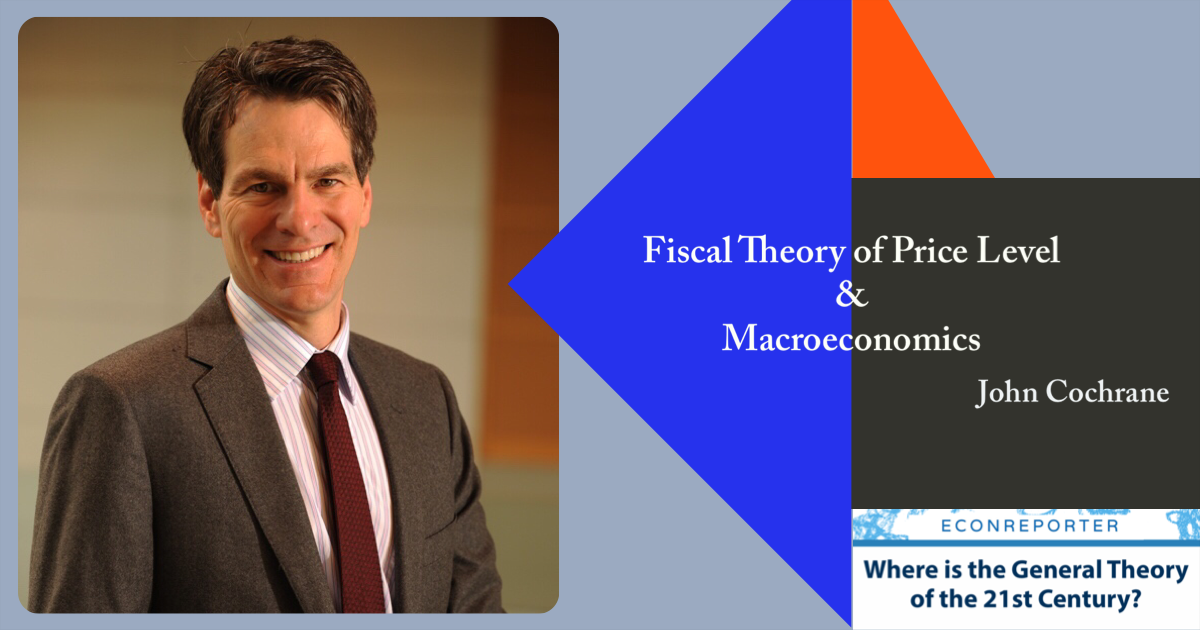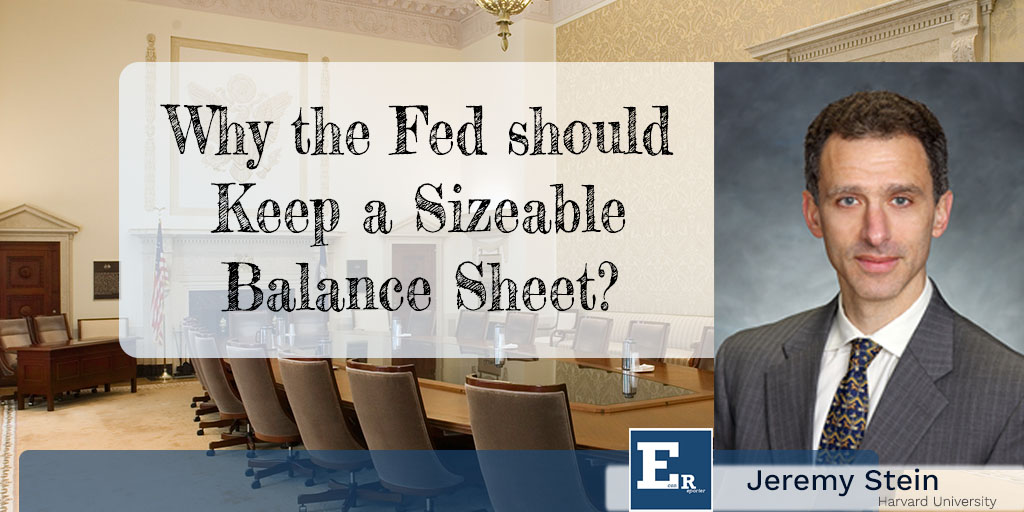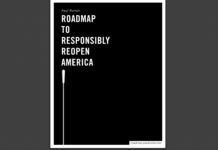How to benefit from others’ QE — Hong Kong Linked Exchange Rate’s lesson
What if I tell you, behind the boring news headline, there is actually a wonkish story about how the Hong Kong central bank took advantage of the monetary easing by the Fed in the last 12 year and created a new set of policy options that it can now use to actively mange the inflows created by the new round Fed easing under the Great Lockdown.
Why the Fed announces “not-QE” Treasuries purchase program?
Federal Reserve announced yesterday that it will start purchasing Treasury bills from Oct 15 (Tuesday) until at least the second quarter of next year.
What is FTPL (Fiscal Theory of Price Level)?
The Fiscal Theory of the Price Level says that money has value because the government accepts it for taxes, and inflation is fundamentally a fiscal phenomenon
The sovereign-bank “doom loop”
Since the Euro crisis, investors and policymakers are well aware of the so-called "doom loop" between the banking system and the sovereign. That is, a crisis originating in the banking system (sovereign) will weaken the sovereign (banking system), which in turn will worsen the banking (sovereign) crisis itself.In a recent ECB discussion Paper "Managing the sovereign-bank nexus", the 7 economists - Giovanni Dell’Ariccia, Caio Ferreira, Nigel Jenkinson, Luc Laeven, Alberto Martin, Camelia Minoiu, and Alexander Popov - coauthored the paper suggested that the banks and sovereigns are linked by three interacting channels:
Why hadn’t Federal Reserve rescued Lehman Brothers in 2008?
This week, the trio who was directly responsible for the decision to let Lehman fail – Bernanke, Tim Geithner (then New York Fed President), and Hank Paulson (then Treasury Secretary) – joined together at a panel held by Brookings Institution and spoke about the lessons they had learned from the crisis.
How to use the Fed’s FIMA Repo — the case of Hong Kong
Hong Kong Monetary Authority, the de facto central bank of Hong Kong, announced on April 22 that it will utilize the Fed's FIMA Repo facility to borrow USD 10 billion of cash.
Helicopter Money is here in Hong Kong? Well…
“The money helicopter has arrived,” Claire Jones writes in her FT Alphaville post, citing Hong Kong Finance Secretary’s announcement of a handout of HKD 10,000 to each permanent resident in the city.As a Hong...
Phillips Curve is Not a Straight Line…
A story about three economists agree with the prevailing consensus that the Phillips Curve of the US is flattened in the last few decades on the one hand; and dispute the idea that the Phillips Curve is dead on the other.
Hong Kong Linked Exchange Rate & HKD-USD interest rate differential
HKD tends to be on the strong side (closer to HKD 7.75 per USD) when the interest rate differential is positive (HIBOR > LIBOR).
Hysteresis – An Underrated Macroeconomics Question
Hysteresis is referred to the hypothesis that recessions may have permanent effects on the level of output relative to trend.



